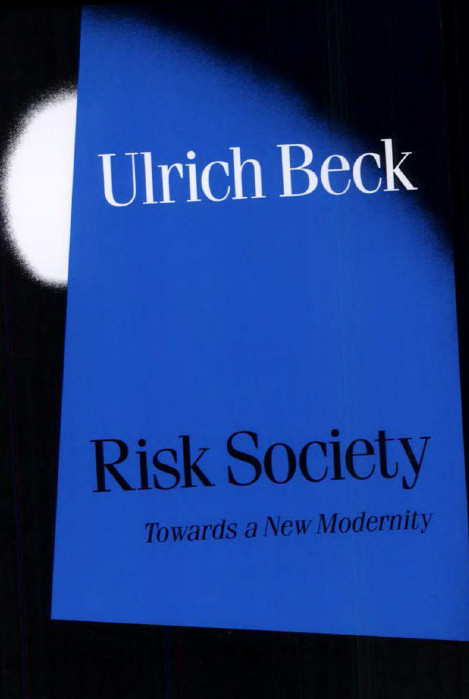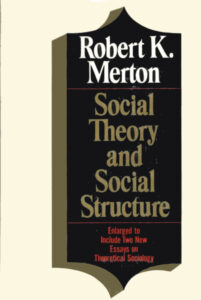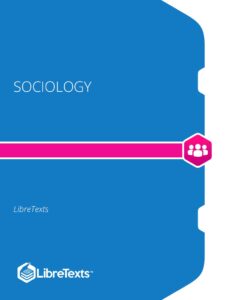Risk Society Ulrich Beck

Overview
“Ulrich Beck’s Risk Society is already one of the most influential European works of social analysis in the late twentieth century. Risikogesellschaft was published in German in 1986. In its first five years it sold some 60,000 copies”
| Publisher | Sage Publications |
|---|---|
| Year | 1992 |
| Pages | 260 |
| Filesize | 5 MB |
| Format |



